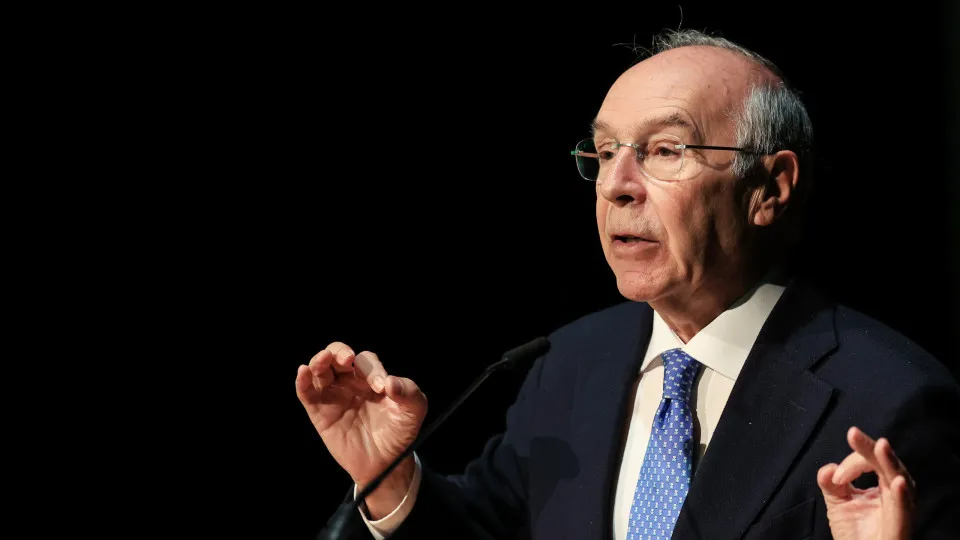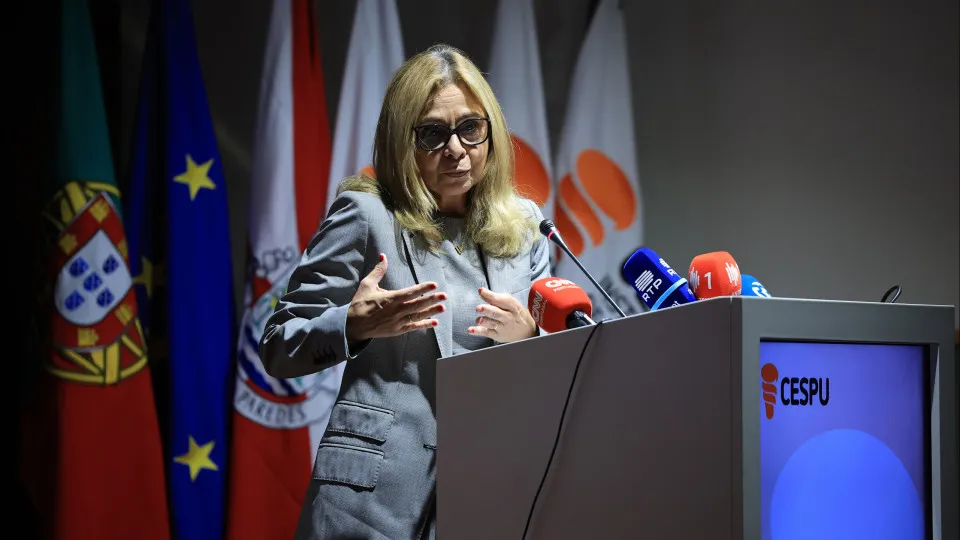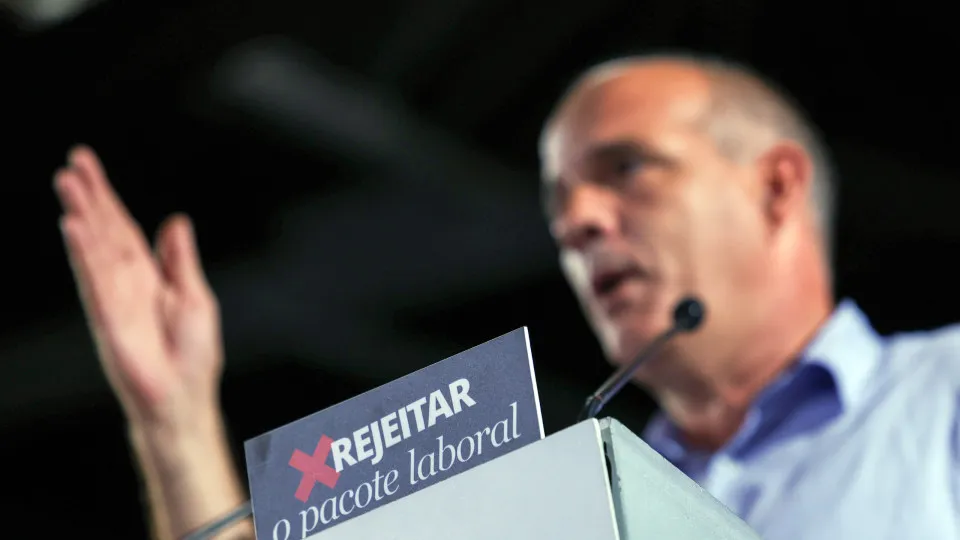“A significant debate is currently taking place in Brazil regarding new oil exploration licenses in the Amazon and the mouth of the Amazon River. From our perspective, this should not proceed. During the COP in Dubai in 2023, it was stated for the first time that there would be an effective reduction in the use of fossil fuels. There is a difficult contradiction here,” stated Catarina Martins.
Speaking to Lusa via phone, the Member of the European Parliament, who will participate today in the debate “Challenges of the Transition, the Dispute for a Fossil Fuel-Free Amazon” in Belém, Brazil, where the 30th UN Climate Change Conference is being held, stressed the need for “international cooperation and coordination to ensure that not only some countries bear the cost of reduction” and highlighted the importance of indigenous peoples in this discussion.
“In the European Parliament, we made two fundamental proposals, one of which was accepted and the other was not. [The one that was accepted was about] indigenous peoples and the need to hear them, inform them, and respect their decisions. The second, which was not approved, was about cooperation with Brazil to prevent oil exploration in the Amazon,” she recalled.
Representing the European Left at COP30, Catarina Martins vowed to advocate that “this is a Brazilian issue, but also an international struggle,” stating, “mechanisms of cooperation and financing must be put in place so that countries can forego the profits from oil exploration, knowing there is international support for preserving the forest.”
“The Amazon is the lung of planet Earth, and this afternoon I intend to remind everyone of that. On one hand, there is the international commitment that all countries, including Brazil, made to reduce fossil fuel use, and therefore oil exploration in the Amazon contradicts this commitment. On the other hand, there is also the international obligation, particularly of the European Union, to support oil-producing countries, especially in environmentally and socially sensitive regions like the Amazon,” she described.
The Portuguese presidential candidate—who will use her visit to Brazil to engage with the Portuguese community there—stated that “Lula [da Silva’s] government has made significant strides,” yet there remains “a contradiction that is difficult to explain.”
“There is also a contradiction within the EU member states and the EU itself, because this commitment to reducing fossil fuels also requires cooperation mechanisms, financing, and international solidarity. The EU could be doing much more than it is,” she noted.
Catarina Martins remarked that the EU “continues to fund projects in Brazil, many of which are connected to environmental offenses, even though they have ‘green’ in their name,” while “mechanisms capable of supporting the Amazon and its peoples are lacking.”
Regarding COP30, the MP highlighted the Peoples’ Summit, which organized the “Global March for Climate Justice,” an initiative that reportedly gathered more than 30,000 people worldwide on Saturday, giving voice to environmentalist collectives and indigenous peoples.
“It was a tremendous success, partly due to the presence of international movements, not only from the Southern Hemisphere but from around the world, with significant indigenous peoples’ participation. I believe it is crucial that we in Europe closely observe the extraordinary struggle being waged by these people to preserve forests and rivers, who have been victims of tremendous violence,” she added.
According to the MEP, “it is truly necessary to establish very clear international solidarity to protect those who are literally defending the lives of all of us and paying the price with their lives in violent attacks for this courage.”




